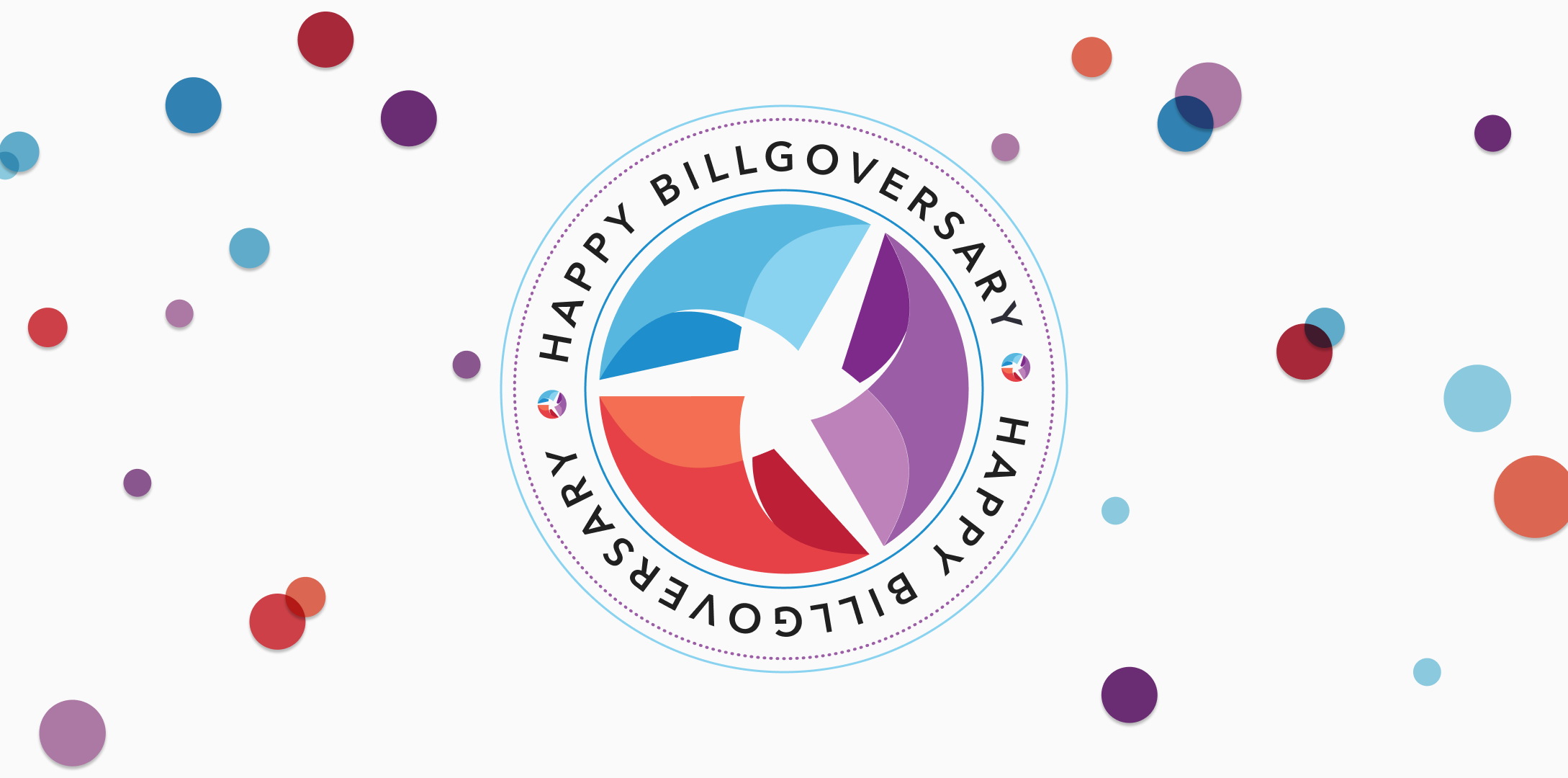When founders Dan Holt, Kelly Seidl, and Scott Miller started BillGO (then BillHero) in 2015, they had a singular vision in mind: They wanted to help people improve their financial outcomes by offering them a better way to pay bills. Five years, countless strategy sessions, and dozens of company barbecues later, Holt— now CEO — shares what he’s learned about relentlessly taking a fintech trailblazer to the next level.
Team BillGO: The term “relentless” is part of the BillGO vernacular. It’s right there in the mission statement: “Relentlessly advancing payment systems to accelerate speed, efficiency, and security.” What does being relentless mean to you when it comes to successfully running a business?
Holt: One of the key things I’ve learned about starting a business is the need to be relentless, and there are various components of that. First of all, you’ve got to be relentlessly flexible. When you start a company, you have an idea of what it’s going to be. But that initial idea is almost never what it ends up becoming. You’re in a constant state of learning and improving.
For example, BillGO started as a bill pay app that allowed consumers to pay all their bills in one place. We offered this niche feature that let people split their bill payments as well. But we realized most people weren’t splitting. When we asked them why, consumers told us that what they were really looking for was a way to pay their bills faster. When we started offering real-time payments people loved it, so we brought it out to a larger market.

Team BillGO: You actually shut down the app at that point and developed the broader FusePay product for BillGO based on those learnings, right?
Holt: Yes, to ensure that we could get the larger distribution and focus as a business, we shut down the app. I would never have done that in my early 20s.
Team BillGO: Why not?
Holt: Because [at that age] I was more pigheaded, and it becomes about the idea. You’re so focused on the idea that instead of being relentless about the company you become relentless about the idea. Ideas are a dime a dozen; execution is everything. Fortunately, we decided to do what’s best for the consumers, our company, and our team.
Team BillGO: The BillGO culture is known for being goal oriented. Is that another thing you learned to be relentless about?
Holt: Absolutely. You’ve got to have goals and you have to measure everything. It’s all about the data, continuing to make progress, and measuring it again and again and again. You really can’t manage what you don’t measure. By establishing and monitoring your goals, you’ll see a pretty quick improvement in your team and your results as a company.

Team BillGO: BillGO busted onto the scene with a radically different outlook on bill payments, shaking things up for an industry that hadn’t changed its ways into two decades. What was the response?
Holt: That's another thing I learned about starting a company: You have to be relentless about dealing with incumbents. They’re going to do what they can to stop you. If they’re producing a cash cow and they’re on legacy technology, they’re scared to death of some new player coming in. Keep in mind that incumbents typically don't have a consumer-first outlook. They’ve got their eyes on their cash, their shareholder value, and their earnings per share.
We decided that we cared about the consumer and became absolutely relentless about that. We were — and remain — obsessed with the end-user of our product, and what they really want and need. Once we acquired Prism, we heard consumers telling us time and time again that they wanted access to all their bill pay data in one spot. They wanted to pay the way they wanted, when they wanted. They craved that control and flexibility, but also needed an overlying platform that helped them make smarter financial decisions.
So we said, ‘Okay, incumbents, you can say whatever you want about us. You can try to stop us. But the consumers are saying this is what they want. And guess what? BillGO is going to deliver.’

Team BillGO: You’ve spoken before about how crafting company core values is an integral part of creating a high-performance team. What other lessons have you learned about building a best-in-class talent pool?
Holt: You know how in real estate they say it’s all about location, location, location? When it comes to startups, specifically fintech, it’s all about people, people, people. It’s not just about hiring the best people, although that’s important. You better also have the best culture as well, because people must work well together for the team to truly perform.
We've done a lot at BillGO to cultivate leaders and turn people into owners. You’ve got to be solution-oriented; it’s not typical corporate America where people can just complain and not hold themselves accountable. Do we have more work to do? Yes. Are we perfect? No. But it’s a continuous process.

Team BillGO: The BillGO leadership team and board includes some major power players. People who cut their teeth at successful fintechs and FIs, Google Pay, Madison Avenue … and of course the Godfather of bill pay, Pete Kight.
Holt: We believe that we have the best team in fintech. It's a really unique situation that we’ve built up, with five former CEOs working on the leadership team. They all have different learnings that they bring to the table.
What’s nice about it for me is that it keeps me humble. I’m not in a situation where I’m like, ‘I’m the top dog.’ I’ve got these people around me who say, ‘No Dan, that’s not going to work.’ They’re always going to speak out. We’ve created a culture that’s super transparent, super open, and allows for other people’s ideas. And it’s made all the difference in getting BillGO to where it is today.

